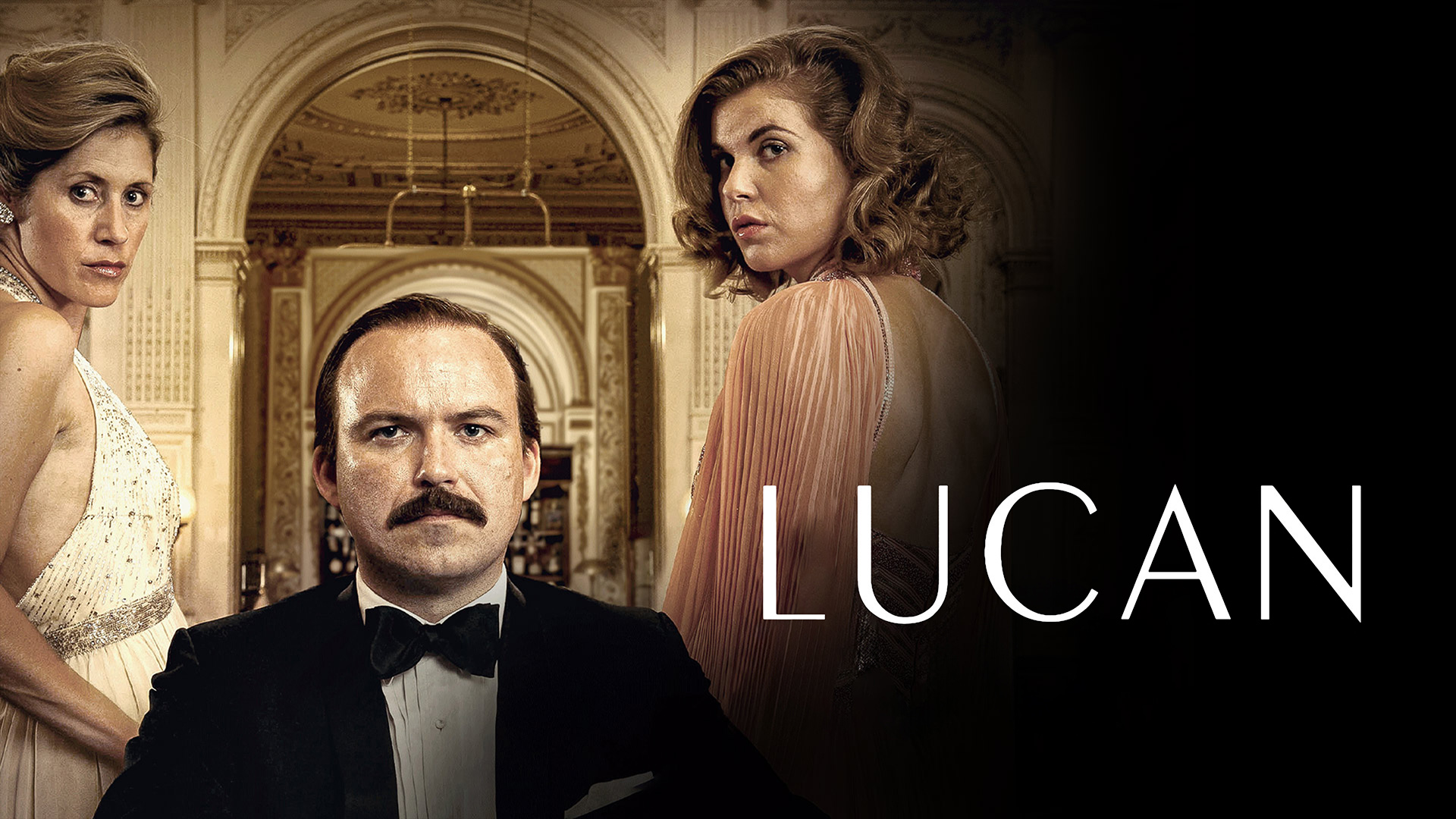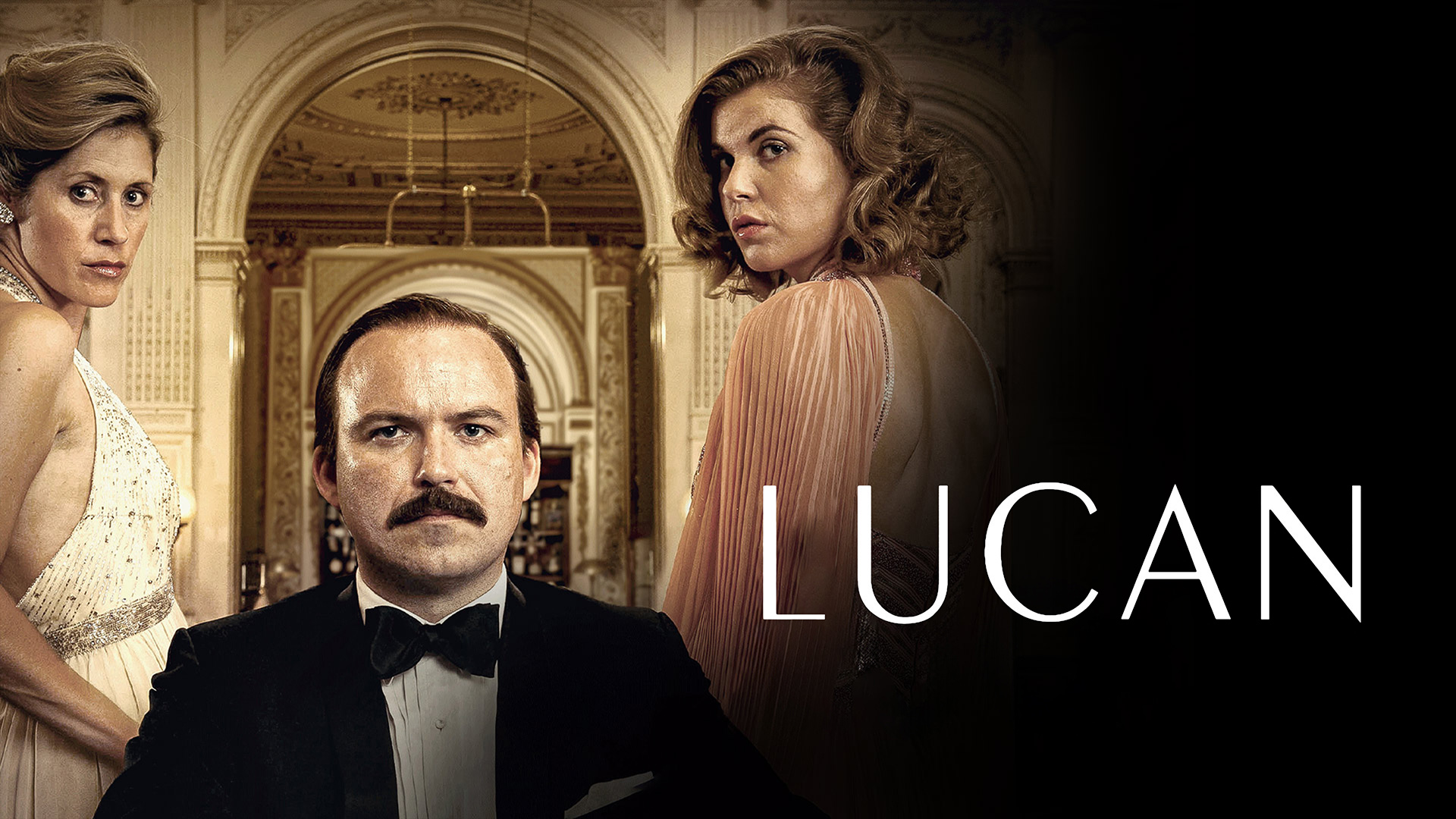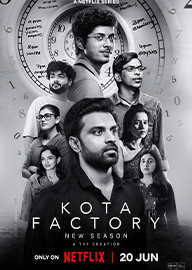Lucan
- 6.8
- Drama
- 2013
- 1h 30m
- PG-13
a gripping two-part British television drama that reconstructs the infamous real-life story of Lord Lucan, played by Rory Kinnear, whose name became synonymous with scandal, mystery, and disappearance. Written by Jeff Pope and directed by Adrian Shergold, the series explores the high-society lifestyle, the gambling addictions, the bitter marital disputes with Lady Lucan, and the shocking 1974 events surrounding the murder of the family nanny Sandra Rivett. With a stellar cast including Catherine McCormack, Christopher Eccleston, and Paul Freeman, Lucan delves into the psyche of a man trapped between privilege, obsession, and downfall, painting a haunting portrait of a true crime that remains unsolved.















Comments
0Reviews
0Summery
1Please sign in to comment.
Please sign in to review.
Lucan (2013) unfolds not only as a dramatization of one of Britain’s most notorious true crime stories but also as a haunting exploration of privilege, addiction, obsession, and downfall within the gilded yet decaying world of the aristocracy. The series opens with an introduction to John Bingham, 7th Earl of Lucan, popularly known as Lord Lucan, a man who on the surface embodies the glamorous trappings of the British upper class during the 1960s and 1970s. Played with chilling precision by Rory Kinnear, Lucan is introduced as a charming, well-groomed, and aristocratic figure whose world revolves around gambling, social clubs, and maintaining the image of a traditional English gentleman. His membership in the Clermont Club, a private Mayfair gambling den owned by John Aspinall (Christopher Eccleston), defines his lifestyle and shapes his worldview. In this closed world of aristocrats, politicians, and gamblers, Lucan cultivates both influence and dangerous habits, living perpetually on the edge of financial ruin.
The drama then shifts to Lucan’s personal life, particularly his marriage to Veronica Duncan, later Lady Lucan, portrayed by Catherine McCormack. At first, their union appears like a fairy-tale romance, with Veronica marrying into wealth and privilege. However, cracks soon begin to emerge as Lucan’s obsession with gambling consumes him. His inability to control his debts leads to mounting pressure, and he becomes increasingly volatile. The marriage deteriorates further as Veronica struggles with his controlling nature and the psychological toll of his behavior. What begins as marital disputes soon escalates into a bitter custody battle over their children, with Lucan determined to paint his wife as unfit while he himself spirals deeper into paranoia and obsession.
The second act of the drama begins to reconstruct the events of 1974, one of the most infamous nights in British crime history. The story carefully lays out the build-up to the murder of the family nanny, Sandra Rivett. Through chilling reenactments, viewers see Lucan’s growing desperation as debts, social disgrace, and the collapse of his marriage weigh heavily on him. The series strongly suggests that Lucan’s plan was to kill his wife Veronica, thereby securing custody of his children, but in a tragic twist, it was the nanny who became the victim instead. Sandra Rivett, working in the Lucan household, is brutally murdered in the basement kitchen, her life cut short by a violent attack that shocks not only the family but the entire nation.
In the aftermath, Veronica herself is attacked but manages to survive, fleeing to the local pub where she raises the alarm. The drama captures these chaotic and horrifying moments with unflinching intensity, showing both the physical violence and the psychological shock of a household torn apart by brutality. Lucan, meanwhile, flees the scene, setting into motion one of the greatest mysteries in modern British history. His car is later found abandoned, but Lucan himself disappears, never to be seen again. His vanishing becomes the subject of endless speculation, conspiracy theories, and myth-making, with some believing he committed suicide while others suggest he escaped abroad with the help of his wealthy associates.
Throughout the second part of the miniseries, the focus shifts toward the social and cultural aftermath of Lucan’s disappearance. The police investigation unfolds, but Lucan’s aristocratic connections and the secrecy of his gambling circle complicate matters. Figures like John Aspinall are depicted as protectors of Lucan, more concerned with preserving the elite world of the Clermont Set than with exposing the truth. This raises questions about the interplay between privilege and justice, highlighting how wealth and class insulated Lucan from accountability. The public, meanwhile, is left both horrified and fascinated, with newspapers sensationalizing the case and Lord Lucan becoming a household name synonymous with scandal and escape. As the narrative weaves back and forth between past and present, it also delves into the psychology of Lucan himself. Rory Kinnear’s performance captures a man unraveling under the pressure of maintaining his aristocratic facade while being consumed by obsession. Lucan is shown as both calculated and reckless, a man who believed himself untouchable but whose actions reveal desperation. The drama does not seek to exonerate him, but instead presents a portrait of a deeply flawed man driven by arrogance, gambling addiction, and an inability to accept the collapse of his perfect world.
Catherine McCormack’s portrayal of Veronica adds depth to the narrative, showing a woman caught in the crossfire of power, wealth, and violence. Her survival becomes a testimony not only to her resilience but also to the tragic irony of a system stacked against her. In interviews and flashbacks, Veronica is depicted as struggling to maintain her voice in a society where women’s narratives were often dismissed, and her attempt to expose Lucan’s volatility before the tragedy went largely ignored. By the conclusion of the series, Lucan (2013) leaves viewers with haunting ambiguity. The murder of Sandra Rivett is undeniable, the attempted murder of Veronica is clear, but the fate of Lucan himself remains unresolved. The drama refuses to offer easy answers, instead underscoring the enduring mystery of his disappearance. Was he aided by his elite friends in fleeing the country? Did he take his own life, unable to face disgrace and imprisonment? Or does the truth lie in some hidden corner of history, forever obscured by privilege and silence? The series emphasizes that Lucan’s name has outlived the man, becoming a cultural symbol of disappearance, scandal, and the dark underbelly of the aristocracy.
Stylistically, the miniseries grounds itself in the 1970s atmosphere with detailed production design, costuming, and cinematography that recreate the smoky gambling dens, the opulence of aristocratic life, and the stark contrast of the bloodstained household. The narrative balances courtroom-like reconstruction of events with psychological character study, offering both factual retelling and dramatic interpretation. In its totality, Lucan (2013) functions as both a gripping true crime dramatization and a sociopolitical commentary on class, privilege, and justice. It forces audiences to confront uncomfortable truths about how wealth and connections can distort accountability, while also preserving the eerie, unsolved mystery that continues to surround the Lucan case. By the end, it is less about finding answers than about understanding the human flaws and systemic failures that allowed such a crime to echo for decades.